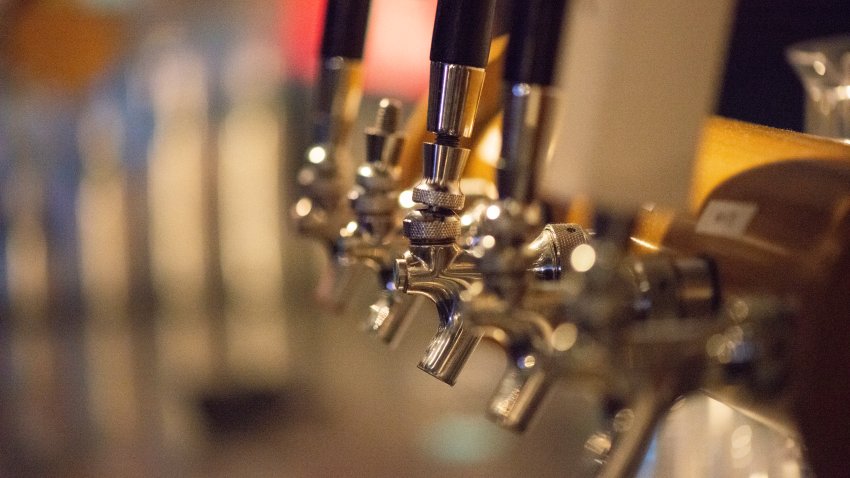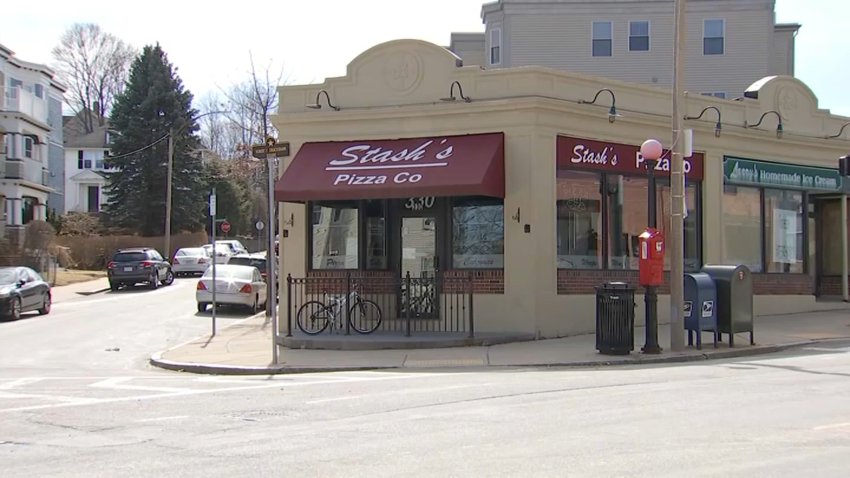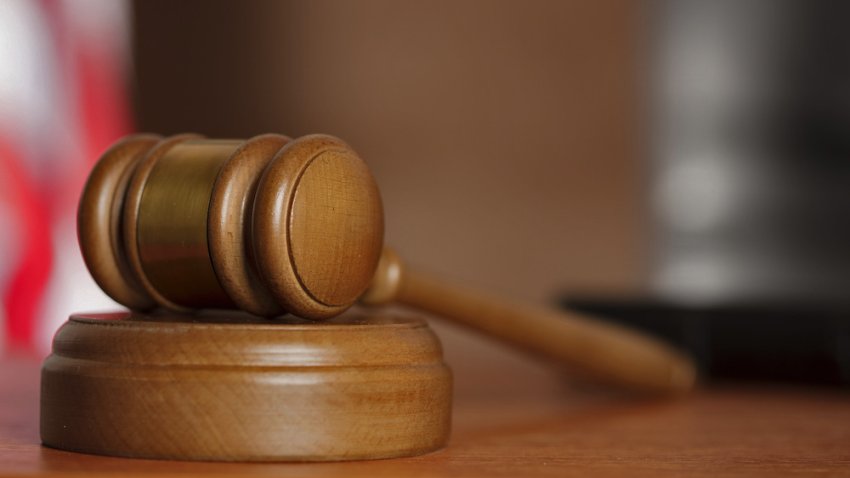

The Latest
-

Will Red Sox make the playoffs? Our panel shares their confidence level
Will the Red Sox make the postseason for the first time since 2021? Phil Perry, Marc Bertrand, and Trenni Casey share their confidence level on “Early Edition.”
-

Karen Read appeals her double jeopardy case to the Supreme Court — read the filing
Karen Read has taken her case for dropping two of the three charges against her to the highest court in the country.
-

5 nurses in 1 unit at Newton-Wellesley Hospital diagnosed with brain tumors
In total, 11 staff members on the fifth-floor nursing unit of Mass General Brigham’s Newton-Wellesley Hospital were found to have health issues
-

Best fits for Patriots at running back in 2025 NFL Draft
Can the Patriots find their Rhamondre Stevenson successor in the 2025 NFL Draft? Phil Perry shares his best fits at running back in this year’s class.
-

Pub-meets-music club opening in Cambridge's Porter Square this week
A long-awaited Irish pub in Cambridge that has two sections–including a music club that had previously presided within the space–is on the verge of opening.
-

McDaniels ‘smitten' by Maye, ‘excited' to work with Patriots QB
Patriots offensive coordinator Josh McDaniels spoke highly of his new quarterback Drake Maye on Thursday.
-

Mike Pence to receive JFK library's Profile in Courage Award for Jan. 6 actions
Former VP Mike Pence will receive the Profile in Courage Award for ensuring the constitutional transfer of presidential power on Jan. 6, 2021.
-

Tariffs on medical devices could raise health care costs
The tariffs announced by President Donald Trump on Wednesday will impact the medical device industry are could significantly increase the cost of healthcare in the U.S, say experts.
-

Crash closes Westford street, knocks down wires; utility pole seen on van
A car crash has closed down a road in Westford, Massachusetts, on Thursday, fire officials said, urging the public to avoid the area.
-

Will this rain move out in time for the Red Sox' home opener at Fenway?
Some warmer days are ahead for Boston — but what will the weather look like for the Red Sox’ home opener on Friday?
-

Stash's Pizza owner sentenced to more time in prison for fraud
The owner of the Boston-area’s Stash’s Pizza shops was sentenced to two further years in prison on Wednesday for defrauding the U.S. Small Business Administration out of about $500,000, federal prosecutors said.
-

Woman arrested after fleeing police, crashing into cruisers with child in vehicle
A woman fleeing police with a child in her vehicle hit three Foxborough, Massachusetts, police cruisers before being arrested on Thursday, officials said.









